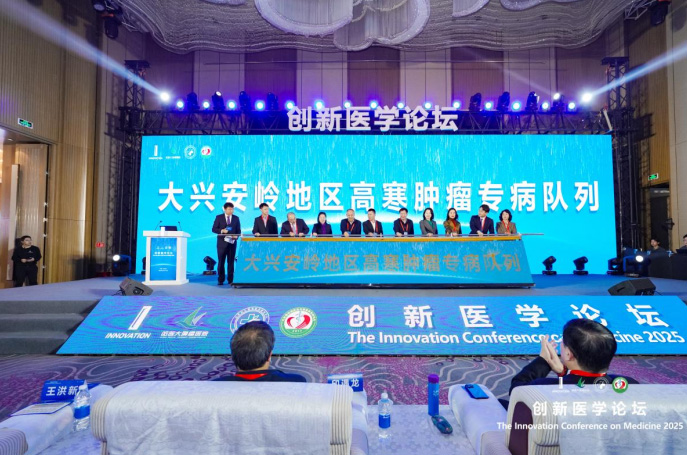 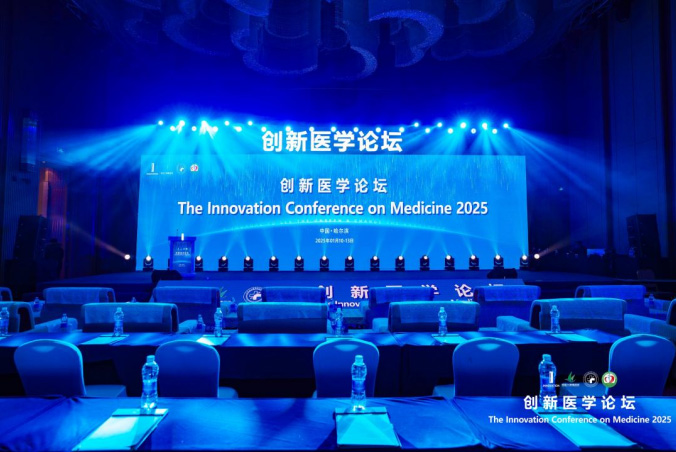
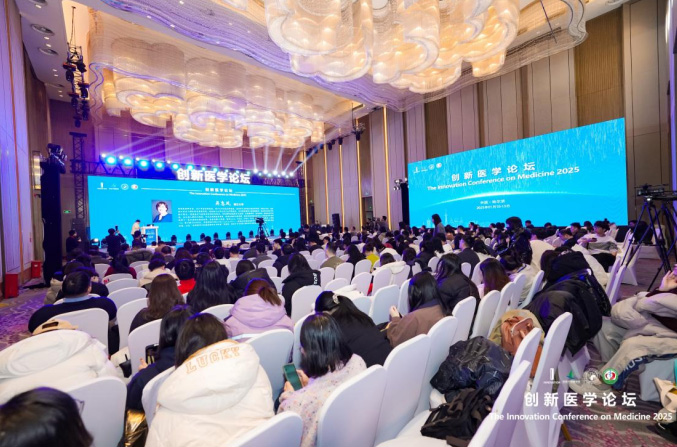
"The Innovation Conference on Medicine 2025" was successfully held from January 10th to 13th, 2025, at the Crowne Plaza Harbin Songbei. This conference was co-hosted by The Innovation Journals and Beijing Guangda Precision Medicine Research Center, with Harbin Medical University Cancer Hospital serving as the organizer and Anhui Medical University as the supporting institution. The conference aimed to foster interdisciplinary integration in medicine by leveraging the latest technological advancements from other natural sciences, while addressing pressing practical medical issues.
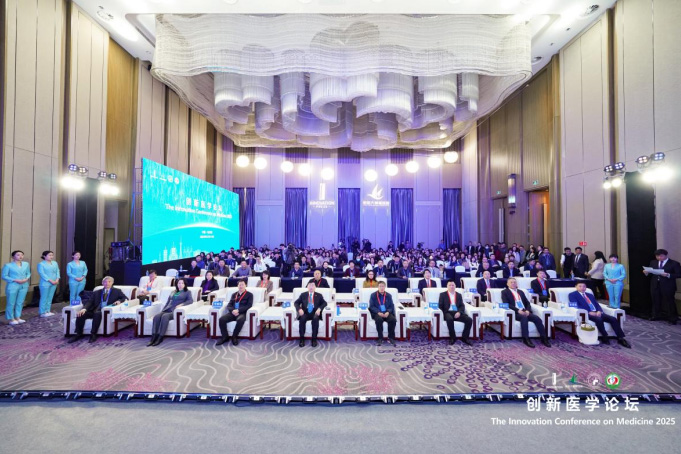
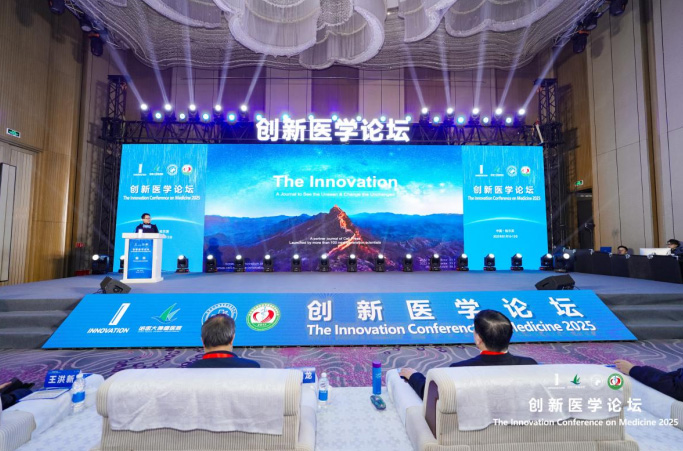
The opening ceremony featured keynote speeches by Professor Zhang Zhizhen and Professor Tai Sheng from Harbin Medical University Cancer Hospital, who discussed the mission of medical innovation and future development directions. A key highlight of the event was the "Launching Ceremony of the Daxing'anling High-altitude Tumor Cohort." Hosted by Liu Tong, the ceremony featured speeches from distinguished guests Li Shumei and Wang Qingwei, marking the beginning of a new phase in regional cancer research.
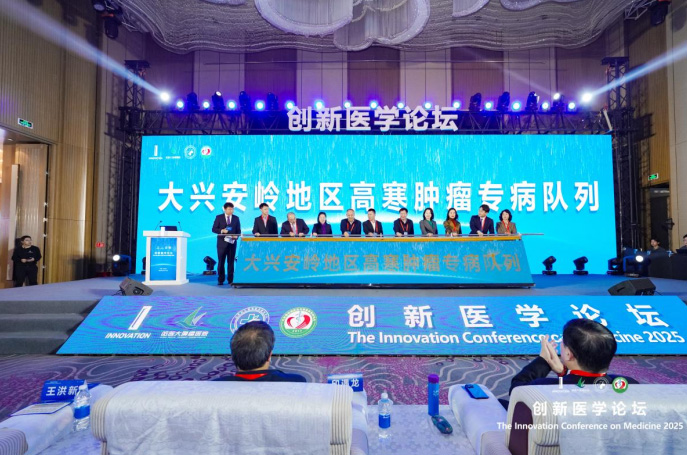
Professor Zhang Yun, in his presentation "New Targets for Atherosclerosis Treatment," groundbreaking advances in cardiovascular disease therapy. Professor Sun Beicheng, in his talk "Target Discovery and Application Based on Liver Cancer Immune Microenvironment Research," outlined new strat Organ transplantation, a critical domain in medical research, constituted another key theme of the conference, encompassing the latest developments in liver transplantation while probing the technological innovations and ethical complexities surrounding xenotransplantation. A dedicated discussion session, led by eminent experts Tai Sheng and Xie Jun, spotlighted the most recent advancements in transplant technologies, underscoring the vital role of interdisciplinary collaboration. Distinguished professionals from life sciences and engineering also engaged in dialogue on how the integration of diverse disciplines could enhance transplant success rates and expand the feasibility of organ transplants, thereby providing renewed hope for patients in need. Cardiovascular and Critical Care Medicine Research in cardiovascular diseases and critical care medicine continues to push the boundaries of medical development. This forum, led by Zhang Zhizhen and Shao Qun, explored topics such as the development of new therapeutic targets, adverse reactions to immune checkpoint inhibitors, and tumor cardiology. Attendees delved into the latest breakthroughs in cardiovascular pathology mechanisms and treatment strategies from various perspectives, while also examining advancements in intensive care and management in the era of precision medicine. These discussions provided valuable insights and critical support for clinical practice. egies in tumor immunotherapy.
Professors Yin Yulong and Wu Xifeng presented in-depth discussions on "Early Cancerous Changes Screening and Treatment of Pulmonary Nodules" and "Frontier Research and Application of Digital Health," respectively, revealing the latest developments in precision medicine.
Innovation and Future of Cancer Research Cancer research, a cornerstone of the conference, tackled some of the most pressing academic challenges of contemporary science, with a particular focus on the latest breakthroughs in hepatocellular carcinoma, breast carcinoma, and gastrointestinal malignancies. Under the esteemed leadership of scholars such as Liu Tong, Zheng Guoliang, Meng Qingwei, and Zhong Wenzhao, the forum underscored pioneering discoveries spanning from foundational mechanistic insights to cutting-edge clinical interventions. The presentations not only deepened the understanding of tumor initiation and progression but also introduced novel paradigms for future therapeutic strategies and precision diagnostics, with the overarching goal of advancing the field of oncology to unprecedented heights.
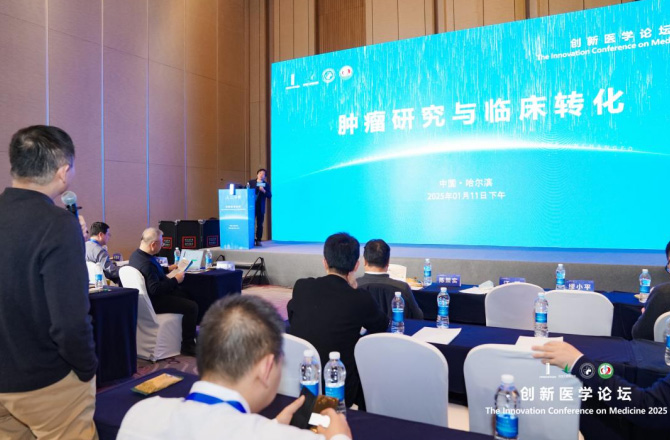
Organ Transplantation Organ transplantation, a critical domain in medical research, constituted another key theme of the conference, encompassing the latest developments in liver transplantation while probing the technological innovations and ethical complexities surrounding xenotransplantation. A dedicated discussion session, led by eminent experts Tai Sheng and Xie Jun, spotlighted the most recent advancements in transplant technologies, underscoring the vital role of interdisciplinary collaboration. Distinguished professionals from life sciences and engineering also engaged in dialogue on how the integration of diverse disciplines could enhance transplant success rates and expand the feasibility of organ transplants, thereby providing renewed hope for patients in need.
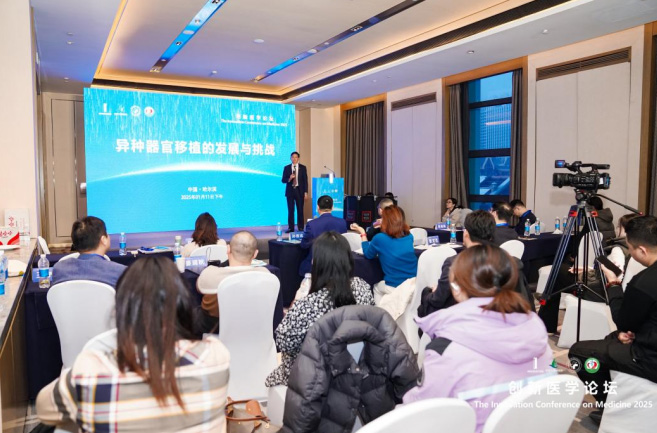
Cardiovascular and Critical Care Medicine Research in cardiovascular diseases and critical care medicine continues to push the boundaries of medical development. This forum, led by Zhang Zhizhen and Shao Qun, explored topics such as the development of new therapeutic targets, adverse reactions to immune checkpoint inhibitors, and tumor cardiology. Attendees delved into the latest breakthroughs in cardiovascular pathology mechanisms and treatment strategies from various perspectives, while also examining advancements in intensive care and management in the era of precision medicine. These discussions provided valuable insights and critical support for clinical practice.
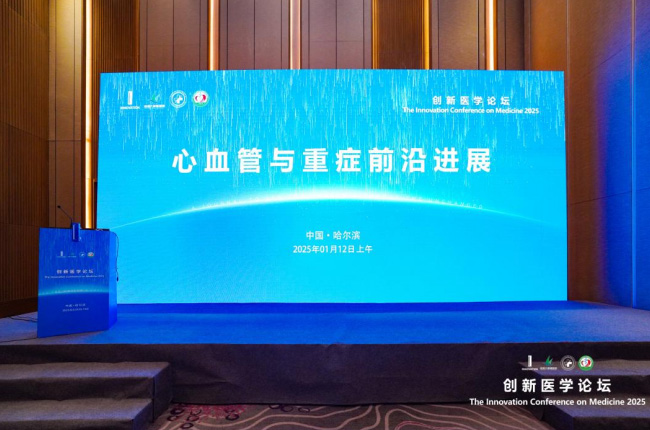
Mechanisms and Treatment of Pulmonary Nodules Early screening and treatment of pulmonary nodules are central to the field of precision medicine. This session, chaired by Yin Yulong and Wu Sen, focused on the development of innovative animal models and the application of cancerous transformation screening technologies. By integrating basic research with clinical translational practice, participants gained a deeper understanding of the scientific principles underlying pulmonary nodule development. Additionally, the potential of artificial intelligence and big data in screening and diagnosis was explored, offering new perspectives for improving early detection rates.
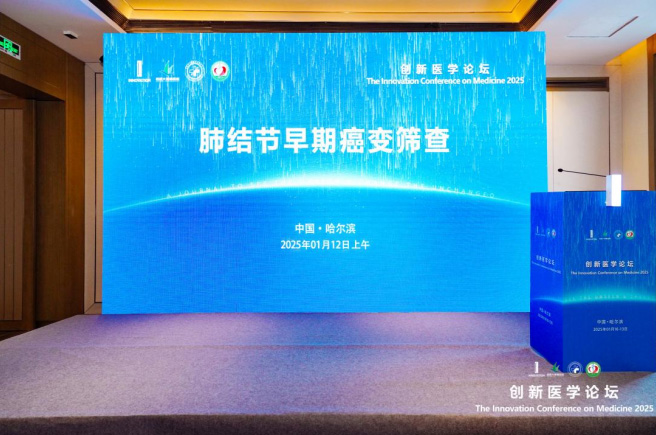
Call for Papers and Collaboration Discussions: Innovative Models Empowering Medical Research
The forum also introduced an innovative call for papers initiative, encouraging attendees to select topics of interest and join article preparation teams. These teams collaborated with session conveners and fellow scholars to produce high-quality research papers. Exceptional works will be prioritized for publication in The Innovation or The Innovation Medicine. Additionally, the conference provided a platform for collaboration discussions, accelerate the translation of medical research into practical applications.
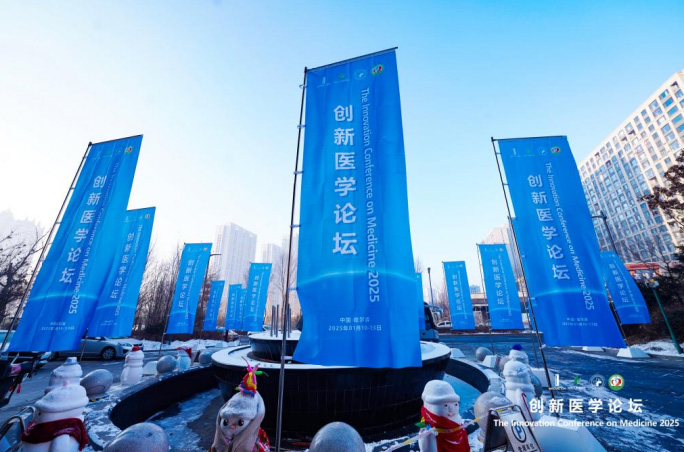
The conference paved new pathways for medical innovation, broadening the academic perspectives and research approaches of all participants. While medical advancements may seem incremental, each step contributes to a larger leap forward in improving human health. We look forward to gathering again at "The Innovation Conference on Medicine 2025" to continue exploring the infinite possibilities of medicine together!
| 
